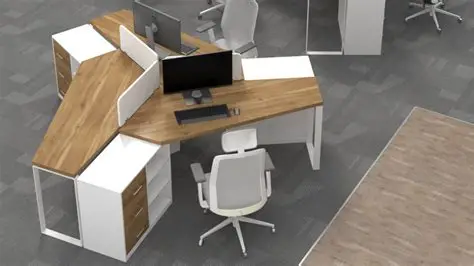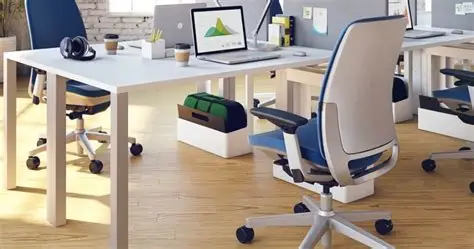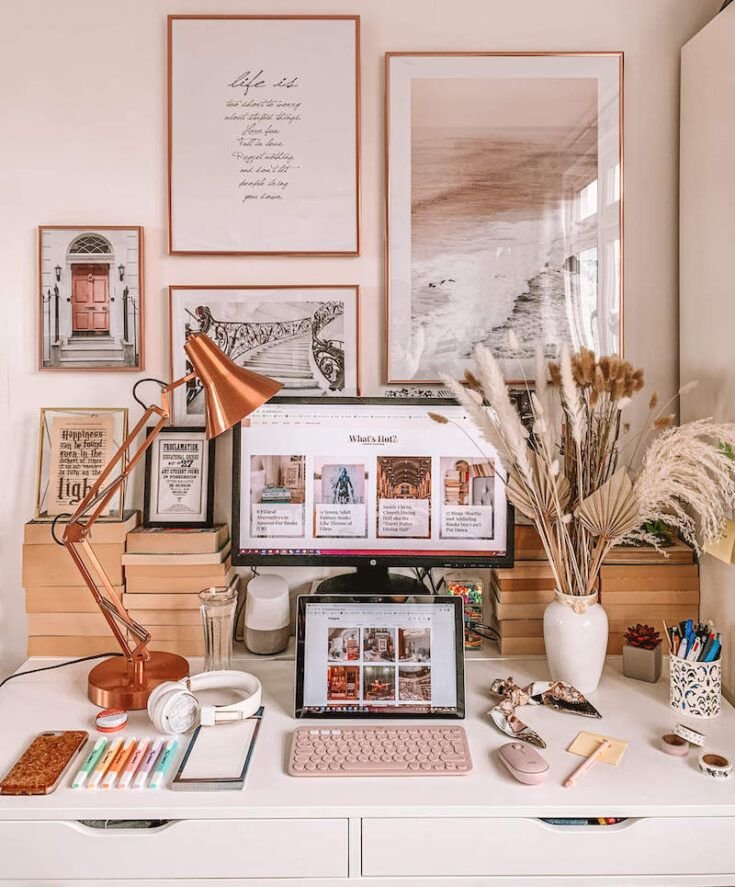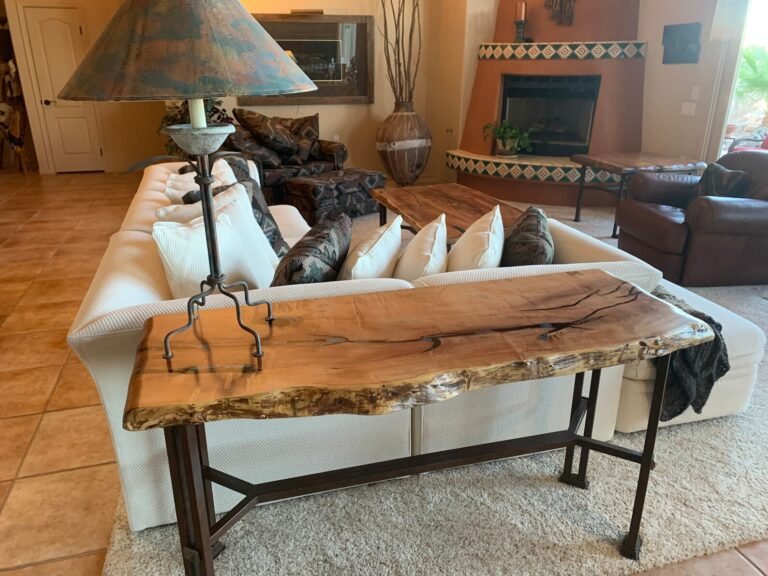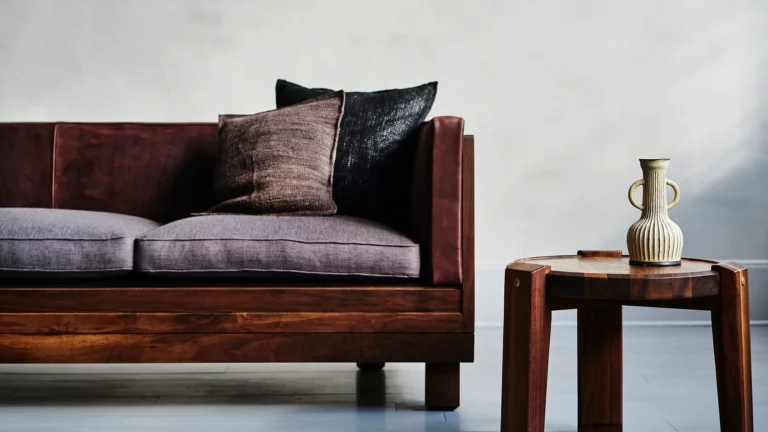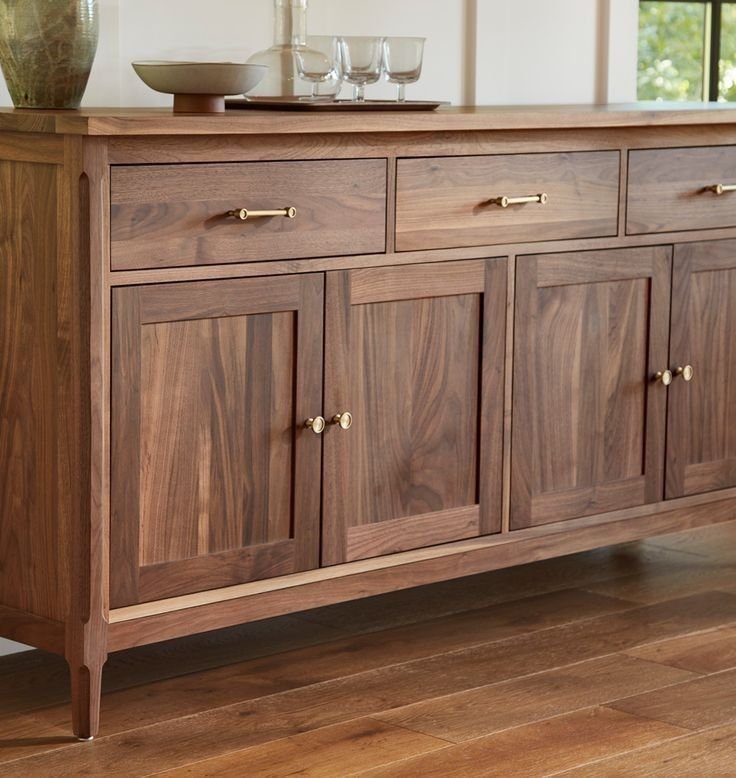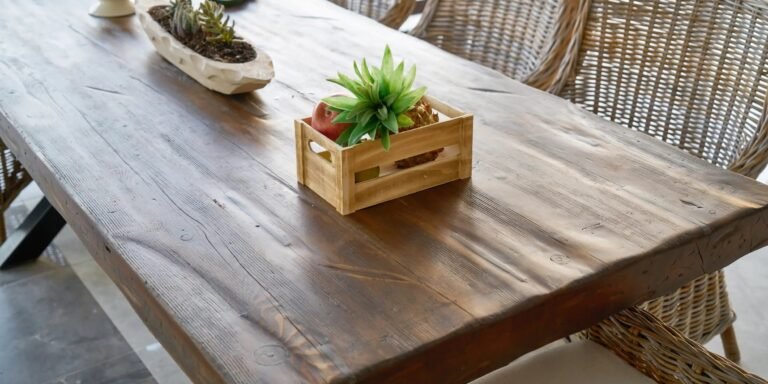
Custom Office Furniture Solutions for Companies
Companies today are looking beyond standard office setups. Custom office furniture solutions provide businesses with the ability to create workspaces that are functional, stylish, and tailored to specific needs. From desks and storage units to collaborative spaces, custom furniture allows companies to optimize productivity while reflecting their brand identity.
Investing in customized solutions ensures that every piece of furniture fits the workflow, space, and culture of the organization. This approach balances aesthetics, ergonomics, and efficiency, creating an environment that employees enjoy and clients admire.

Benefits of Custom Office Furniture
Custom office furniture offers several advantages over off-the-shelf options:
-
Optimized Space Usage: Furniture is designed to fit the exact dimensions of your office, maximizing efficiency.
-
Ergonomic Support: Tailored desks, chairs, and workstations promote health and comfort.
-
Brand Representation: Custom designs can reflect company colors, logos, and culture.
-
Unique Style: Companies can create a distinctive office aesthetic that stands out.
-
Scalability: Furniture can be designed to accommodate growth or changing team structures.
These benefits make custom office furniture a strategic investment in both employee satisfaction and business performance.
Types of Custom Office Furniture
1. Workstations and Desks
-
Features: Adjustable heights, built-in storage, cable management, and modular layouts.
-
Benefits: Supports individual work styles, collaboration, and technological needs.
-
Tips: Consider L-shaped desks for small spaces and sit-stand desks for flexibility.
2. Seating Solutions
-
Features: Ergonomic chairs, stools, and lounge seating customized for comfort and style.
-
Benefits: Enhances productivity and reduces fatigue.
-
Tips: Ensure chairs are adjustable and suitable for long periods of use.
3. Storage Units
-
Features: Customized cabinets, shelving, and filing systems.
-
Benefits: Keeps office organized, reduces clutter, and improves workflow.
-
Tips: Use modular storage for adaptability as the company grows.
4. Collaborative and Meeting Furniture
-
Features: Conference tables, modular seating, and lounge areas designed for teamwork.
-
Benefits: Encourages collaboration and efficient communication.
-
Tips: Incorporate technology integration for seamless meetings.
5. Reception and Branding Areas
-
Features: Custom reception desks, branded panels, and display units.
-
Benefits: Creates a professional first impression for visitors and clients.
-
Tips: Combine aesthetics with functionality for both style and practicality.
How to Choose Custom Office Furniture
When planning a custom office furniture solution, consider the following steps:
-
Assess Needs: Identify specific requirements, including work styles, team sizes, and storage needs.
-
Measure Space: Accurate measurements ensure furniture fits perfectly.
-
Set a Budget: Determine a realistic budget that balances quality and cost.
-
Select Materials: Choose durable and aesthetically pleasing materials suitable for your environment.
-
Work with Professionals: Collaborate with experienced designers or manufacturers to create functional, stylish solutions.
Following these steps ensures that the custom furniture meets the company’s goals and enhances the workspace experience.
Trends in Custom Office Furniture
-
Ergonomics: Furniture designed to reduce strain and improve comfort.
-
Technology Integration: Desks and tables with charging ports, cable management, and smart solutions.
-
Sustainability: Use of eco-friendly and recycled materials.
-
Modularity: Flexible furniture that adapts to changing team structures.
-
Collaborative Spaces: Furniture designed to facilitate teamwork and communication.
These trends show that companies are prioritizing comfort, efficiency, and employee well-being while reflecting their brand identity.
Maintaining Custom Office Furniture
Proper maintenance ensures longevity and performance:
-
Regular Cleaning: Dust and wipe surfaces with appropriate cleaners.
-
Inspect Hardware: Check screws, hinges, and moving parts regularly.
-
Protect Surfaces: Use mats or coasters to prevent scratches and stains.
-
Repair Promptly: Address minor issues before they escalate to maintain aesthetics and functionality.
Consistent care preserves the investment and ensures a professional appearance over time.
Conclusion
Custom office furniture solutions for companies offer more than just functional workspaces. They enhance productivity, support employee well-being, and reflect a company’s brand identity. By investing in tailored desks, chairs, storage, and collaborative furniture, businesses can create environments that inspire innovation, improve workflow, and impress clients. With careful planning, professional design, and ongoing maintenance, personalized office furniture becomes a long-term asset that contributes to both employee satisfaction and organizational success.

